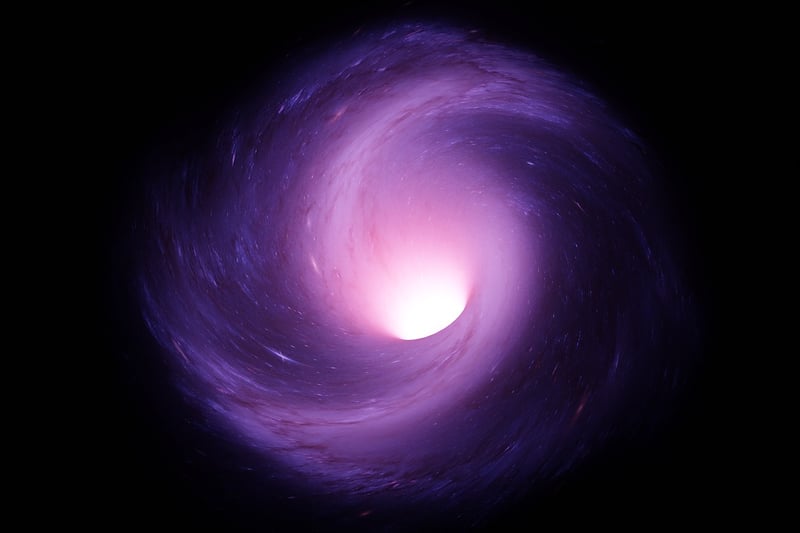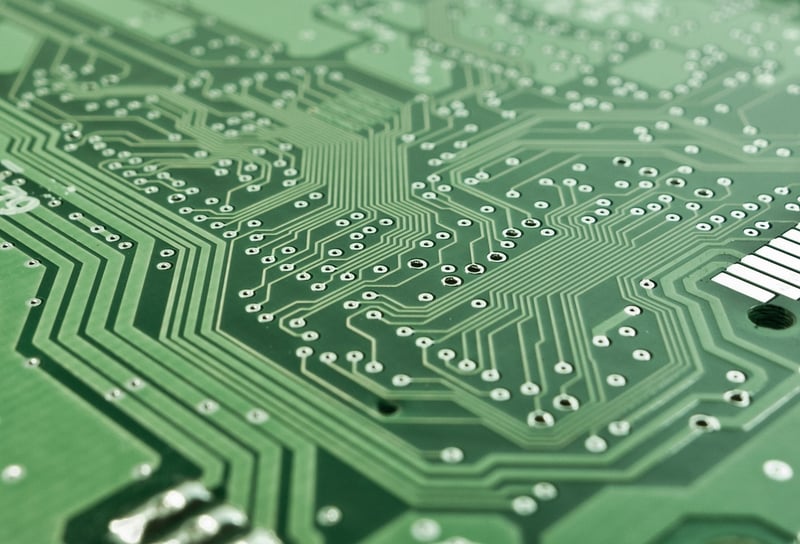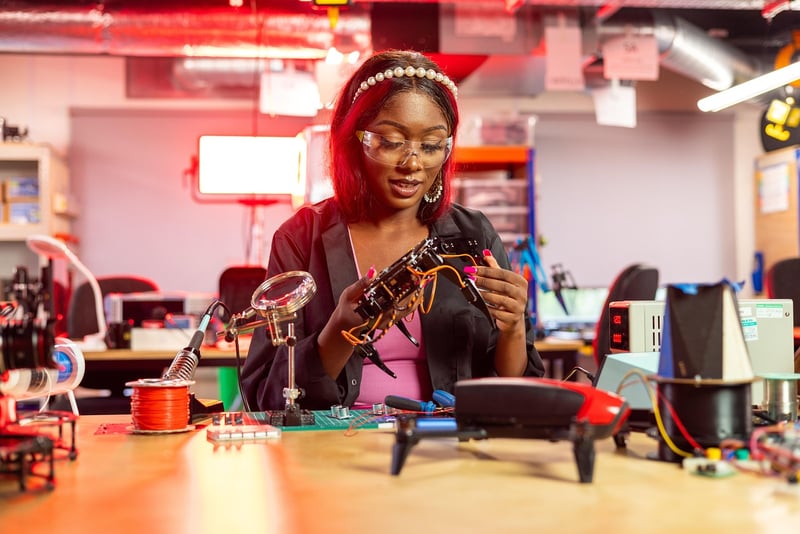Time-Travel Tech
Exploring Tools for Time Travel and Time-Travel Technology
The Fascinating World of Time Travel
Time travel has long captured the imagination of humans, inspiring countless works of science fiction and fueling curiosity about the possibility of traveling through time. While time travel remains a theoretical concept, researchers and enthusiasts continue to explore various tools and technologies that could one day make it a reality.
Tools for Time Travel
Although time travel as depicted in movies and books may not be achievable with our current understanding of physics, there are several tools and technologies that play a crucial role in studying the concept of time travel:
1. Wormholes
Wormholes are theoretical passages through spacetime that could create shortcuts for long journeys across the universe or even enable time travel. While wormholes remain a speculative concept, scientists continue to explore the mathematics and physics behind these fascinating structures.

2. Time Dilation
Time dilation is a phenomenon predicted by Einstein's theory of relativity, where time passes at different rates for observers in different gravitational fields or moving at different speeds. Understanding time dilation is essential for exploring the effects of traveling close to the speed of light or near massive objects like black holes.

3. Quantum Entanglement
Quantum entanglement is a phenomenon in quantum physics where two particles become interconnected, with the state of one particle instantly influencing the state of the other, regardless of the distance between them. Some theories suggest that exploiting quantum entanglement could play a role in future time-travel technologies.

Time-Travel Technology
While practical time travel remains a distant dream, advancements in technology have led to the development of tools and devices that enable precise measurements of time and exploration of temporal phenomena:
1. Atomic Clocks
Atomic clocks are incredibly accurate timekeeping devices that use transitions in atoms to measure time. These clocks play a vital role in scientific experiments, satellite navigation systems, and synchronization of technologies that require precise timing.

2. Laser Interferometers
Laser interferometers are tools used in gravitational wave detectors like LIGO to measure tiny distortions in spacetime caused by massive cosmic events. By detecting these distortions, scientists can study the fabric of spacetime and gain insights into the nature of the universe.

3. Supercomputers
Supercomputers play a crucial role in simulating complex phenomena related to spacetime, black holes, and quantum mechanics. These powerful machines enable researchers to model theoretical scenarios and explore the possibilities of time travel within the realms of current scientific understanding.

While time travel remains a subject of speculation and scientific inquiry, the tools and technologies mentioned above provide a glimpse into the intricate world of temporal exploration and the quest to unravel the mysteries of time.
